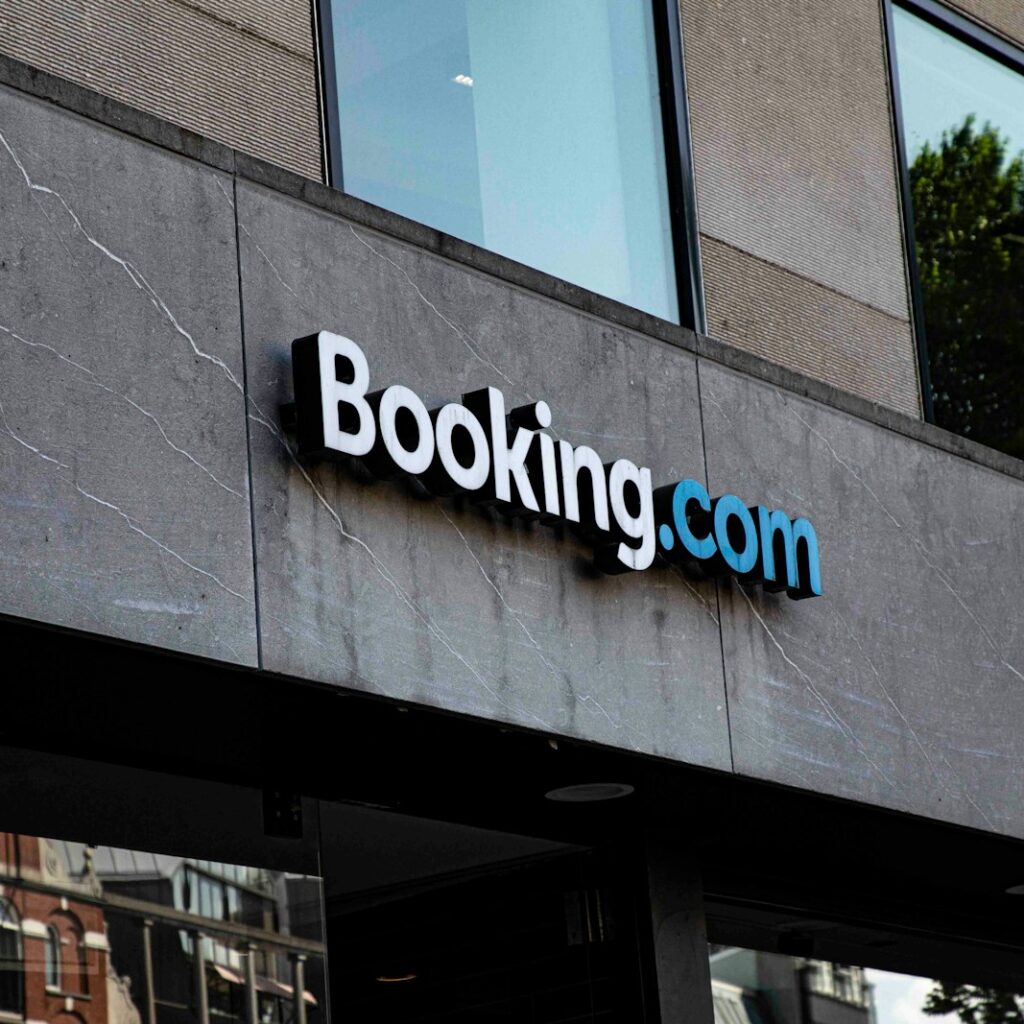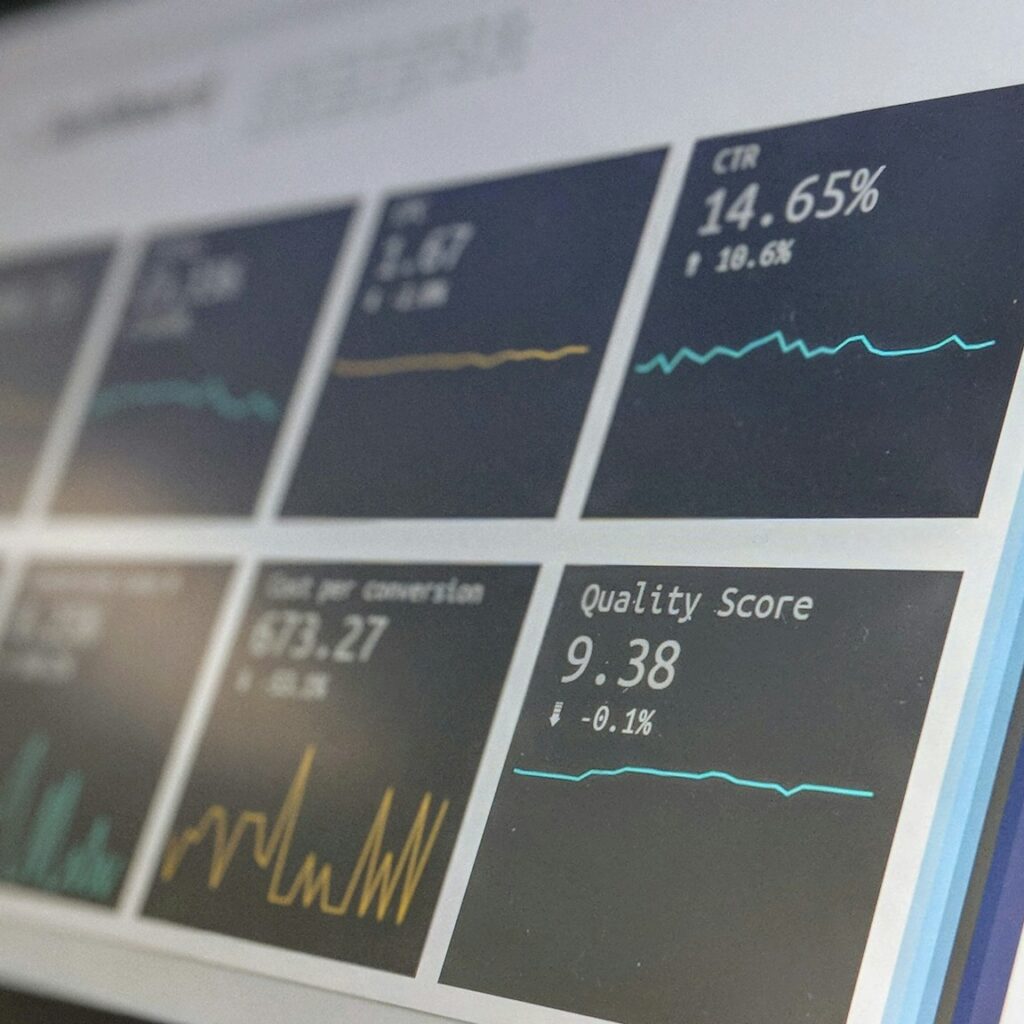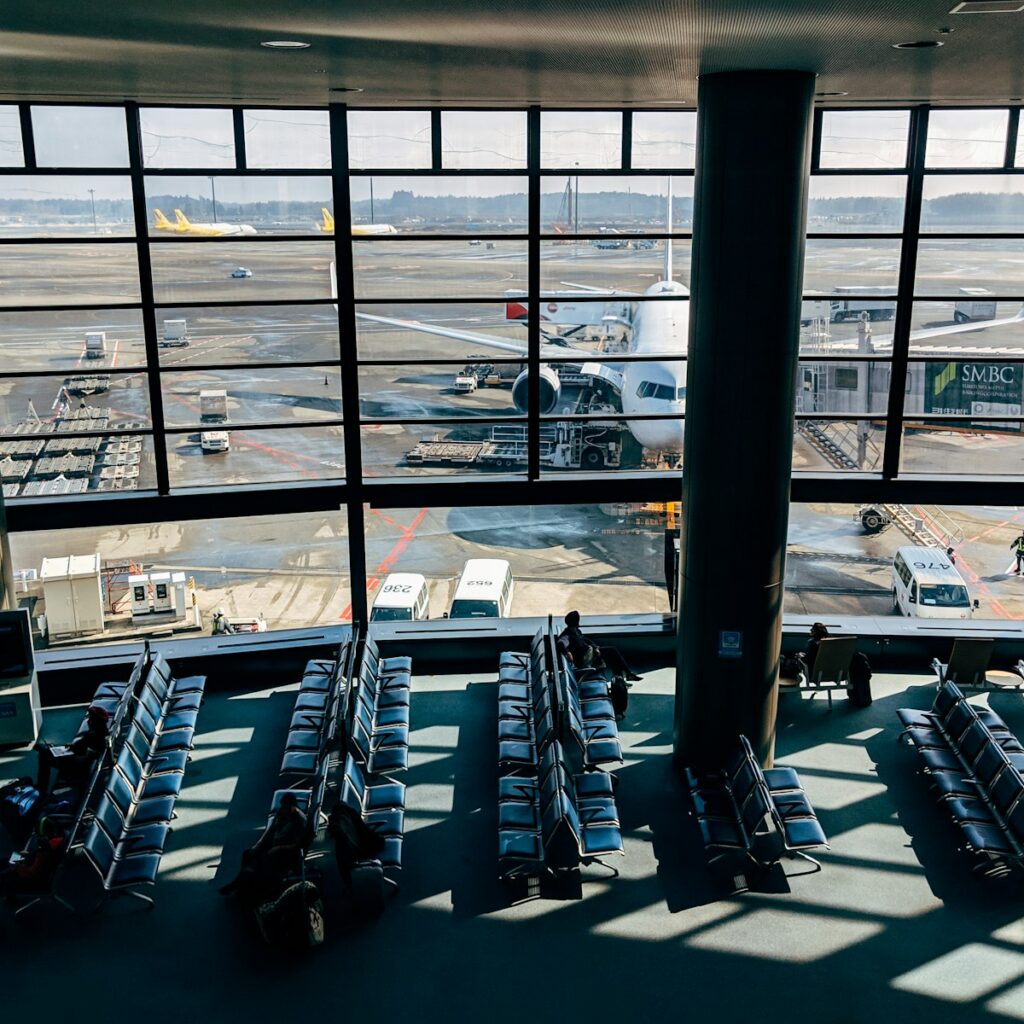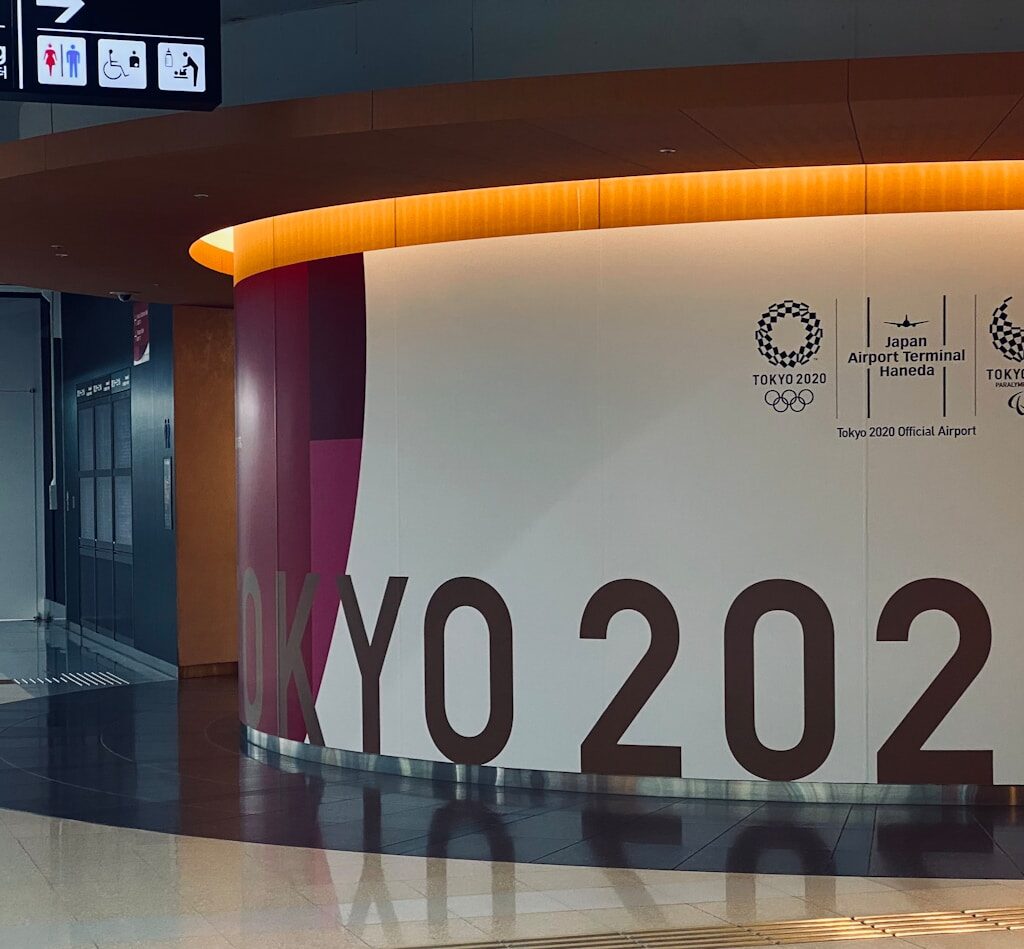In today’s competitive hospitality industry, hotels need to be present on multiple online platforms to maximize visibility and secure more bookings. While Online Travel Agencies (OTAs) such as Expedia and Booking.com have long been the go-to platforms for hotel distribution, the rise of meta-search engines has provided a game-changing opportunity for hotels to reach guests directly and cost-effectively. Meta-search platforms aggregate hotel information from various sources, allowing travelers to compare prices, availability, and features before booking.
In 2024, the digital landscape continues to evolve, and meta-search marketing has become even more essential for hotels aiming to increase their direct bookings, reduce OTA dependency, and maximize revenue. In this blog post, we’ll dive into the top meta-search platforms hotels should leverage to enhance their online visibility and capture more bookings this year.
Google Hotel Ads
Overview: Google Hotel Ads remains one of the most powerful meta-search platforms for hotels in 2024. As part of Google’s vast ecosystem, this platform displays your hotel’s rates and availability directly in Google Search, Google Maps, and Google Travel, helping you reach travelers at the exact moment they are searching for hotels.
Why Hotels Should Use It in 2024:
- Massive Reach: Google is the world’s most widely used search engine, with billions of users per day. By listing your hotel on Google Hotel Ads, you can tap into this massive traffic and make your property visible to travelers actively looking for accommodations.
- Cost-Effective PPC Model: Hotels only pay when users click on their listing, ensuring that marketing dollars are spent efficiently.
- Seamless Integration: Google Hotel Ads integrates with your hotel’s booking engine, giving you greater control over pricing and availability, while reducing reliance on third-party platforms.
- Advanced Retargeting: Google offers advanced retargeting capabilities, allowing you to engage potential guests who have previously visited your site or shown interest in similar properties.
How to Leverage It: To get started with Google Hotel Ads, ensure your hotel is registered with Google My Business, set up an active Google Ads account, and work with a certified provider to connect your booking engine to the platform.


Trivago
Overview: Trivago is a widely recognized meta-search platform that aggregates hotel listings from multiple OTAs, hotel websites, and other booking platforms. With millions of travelers visiting Trivago each month to compare prices, it’s an essential platform for increasing your hotel’s visibility and attracting direct bookings.
Why Hotels Should Use It in 2024:
- Large Audience Base: Trivago has a massive user base, particularly in Europe and North America, offering hotels a large pool of potential guests to target.
- Competitive Bidding: Trivago uses a pay-per-click (PPC) model, meaning hotels only pay when travelers click through to their website, ensuring cost-effective advertising.
- Targeted Campaigns: Trivago offers advanced targeting options, enabling hotels to tailor their ads based on geographical location, user behavior, and travel preferences, maximizing their marketing ROI.
- Detailed Analytics: Trivago’s analytics tools provide valuable insights into campaign performance, enabling hotels to optimize their bids, improve ad targeting, and track their overall marketing effectiveness.
How to Leverage It: Hotels can integrate with Trivago through their channel manager or by signing up for the Trivago Hotel Manager platform. Ensure your property profile is complete with high-quality images, updated information, and competitive pricing to stand out in search results.
Kayak
Overview: Kayak, primarily known as a flight search engine, has expanded its offerings to include hotel price comparisons. With millions of monthly visitors looking for travel deals, Kayak has become an important meta-search platform for hotels aiming to boost their online presence.
Why Hotels Should Use It in 2024:
- Wide Reach: Kayak’s global audience of travelers makes it a valuable tool for attracting international guests. It aggregates hotel listings from OTAs, independent hotel websites, and other sources, giving travelers a comprehensive view of available options.
- Optimized Bidding: Kayak operates on a PPC model, meaning you only pay for clicks, which helps keep advertising costs in check.
- Cross-Selling Opportunities: Hotels can promote additional services, like car rentals or flight bookings, alongside their accommodations, offering travelers a one-stop-shop for all their travel needs.
- User-Friendly Interface: Kayak’s intuitive interface makes it easy for users to filter and compare hotels based on various factors like price, location, and amenities, giving hotels a chance to be featured prominently in search results.
How to Leverage It: Hotels can connect with Kayak through a channel manager or a booking engine provider to list their property on the platform. Ensure your listing includes clear, competitive pricing, high-quality images, and detailed descriptions to increase your chances of being clicked on.
TripAdvisor
Overview: TripAdvisor is the largest travel review site globally, and its meta-search platform has become increasingly important for hotels looking to attract direct bookings. While TripAdvisor started as a review site, it now aggregates hotel prices and availability from OTAs and independent hotel websites, allowing travelers to compare prices and book directly.
Why Hotels Should Use It in 2024:
- Reputation and Trust: TripAdvisor’s extensive database of user reviews adds a layer of credibility that can influence travelers’ decision-making. Hotels with positive reviews have a higher chance of attracting guests.
- Global Reach: With over 400 million users per month, TripAdvisor allows you to reach a wide audience, especially travelers looking for authentic, review-driven content.
- Instant Booking Feature: TripAdvisor offers an Instant Booking feature that allows travelers to book your hotel directly through the platform, bypassing OTAs and saving on commission fees.
- Cost-Effective Advertising: Hotels can pay-per-click or per-impression, depending on their campaign goals, and only pay when a user clicks on their listing.
How to Leverage It: Ensure your hotel is listed on TripAdvisor with up-to-date information, engaging photos, and a strong collection of positive reviews. Consider joining Instant Booking to capture direct bookings and reduce your reliance on OTAs.



Skyscanner Hotel Finder
Overview: Skyscanner is best known for helping travelers find cheap flights, but its Hotel Finder feature has grown to be an important meta-search platform for hotels. Skyscanner aggregates hotel prices from multiple OTAs, booking sites, and independent hotel websites, making it easy for travelers to find the best deals.
Why Hotels Should Use It in 2024:
- High Traffic Volume: Skyscanner is one of the world’s most popular travel sites, attracting millions of users who are looking for deals on flights, hotels, and car rentals.
- Cross-Platform Exposure: In addition to hotel listings, Skyscanner allows users to compare prices for flights, car rentals, and even travel insurance, offering cross-selling opportunities.
- User-Friendly Interface: Skyscanner’s intuitive interface makes it easy for travelers to compare prices and find the best deals, giving hotels a chance to attract price-sensitive guests.
- Mobile Optimized: Skyscanner’s mobile app is one of the most popular travel apps worldwide, allowing hotels to reach potential guests on-the-go.
How to Leverage It: Hotels can integrate with Skyscanner’s Hotel Finder platform via a channel manager or directly through their booking engine. Ensure your rates and availability are competitive and your hotel profile is complete to improve click-through rates.
Booking.com Hotel Finder (Meta-Search)
Overview: As one of the largest OTAs in the world, Booking.com also offers a meta-search platform where travelers can compare hotel prices across various booking platforms, including Booking.com itself. By listing on Booking.com’s Hotel Finder, hotels can reach a broader audience and increase their chances of securing bookings.
Why Hotels Should Use It in 2024:
- Massive Reach and Trust: Booking.com has an enormous customer base, especially among international travelers. Being listed on its meta-search engine puts your hotel in front of millions of potential guests.
- Price Transparency: Booking.com’s meta-search platform ensures price transparency, allowing travelers to compare rates across multiple sites, including OTAs and hotel websites.















